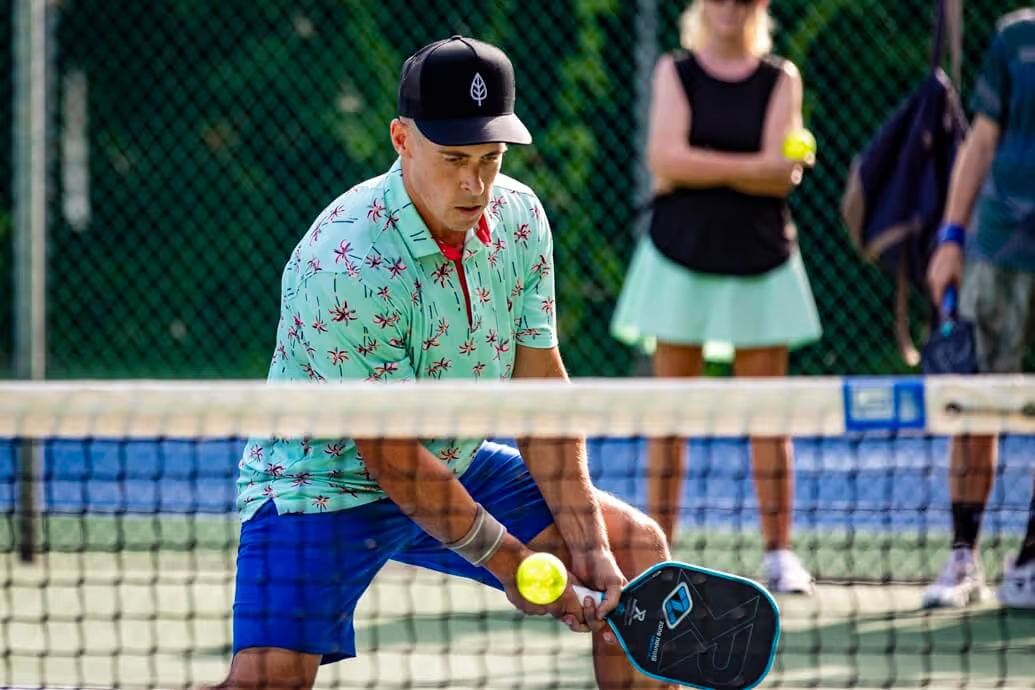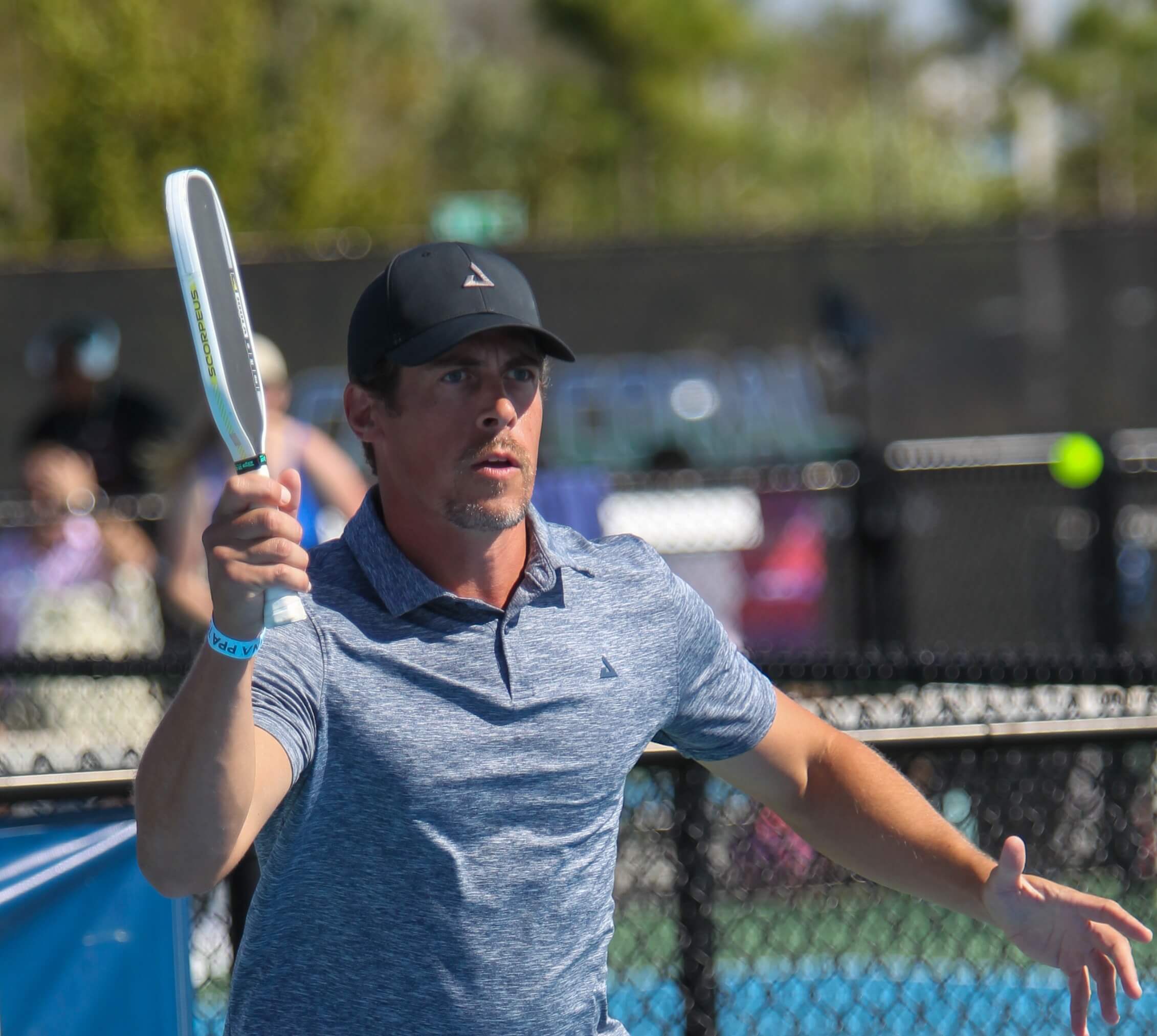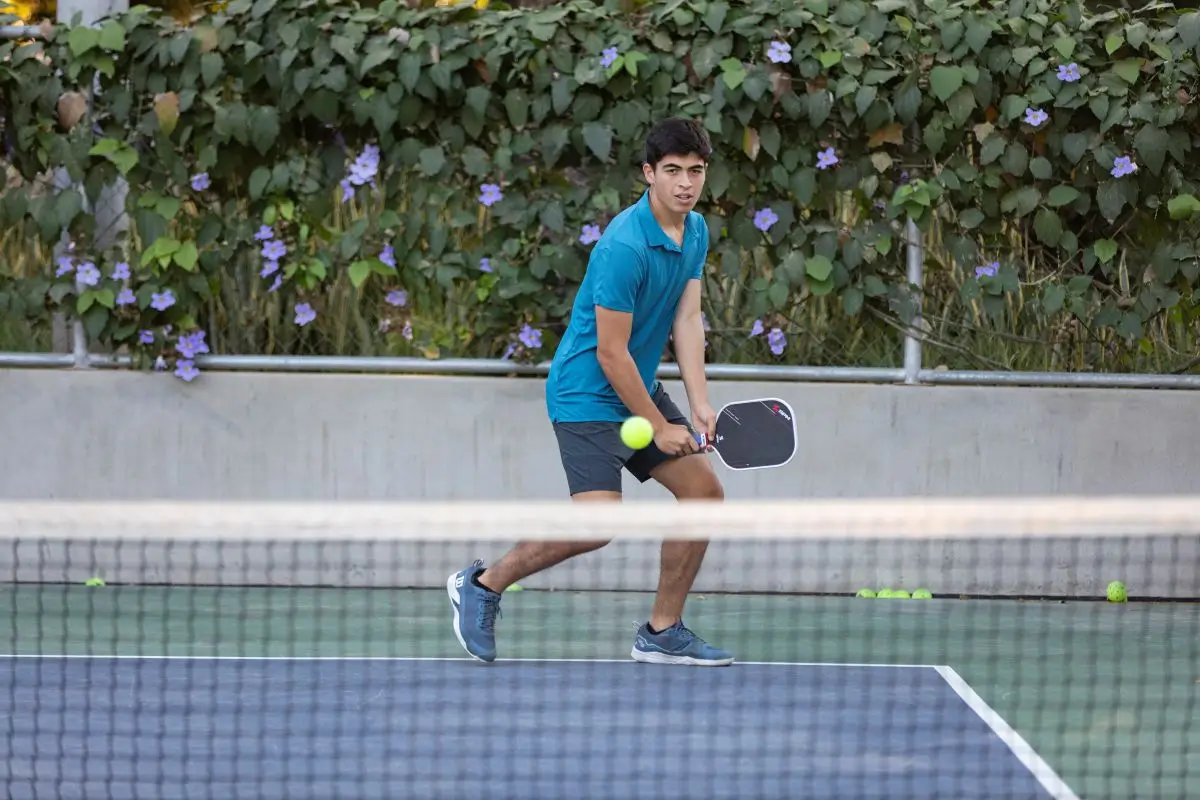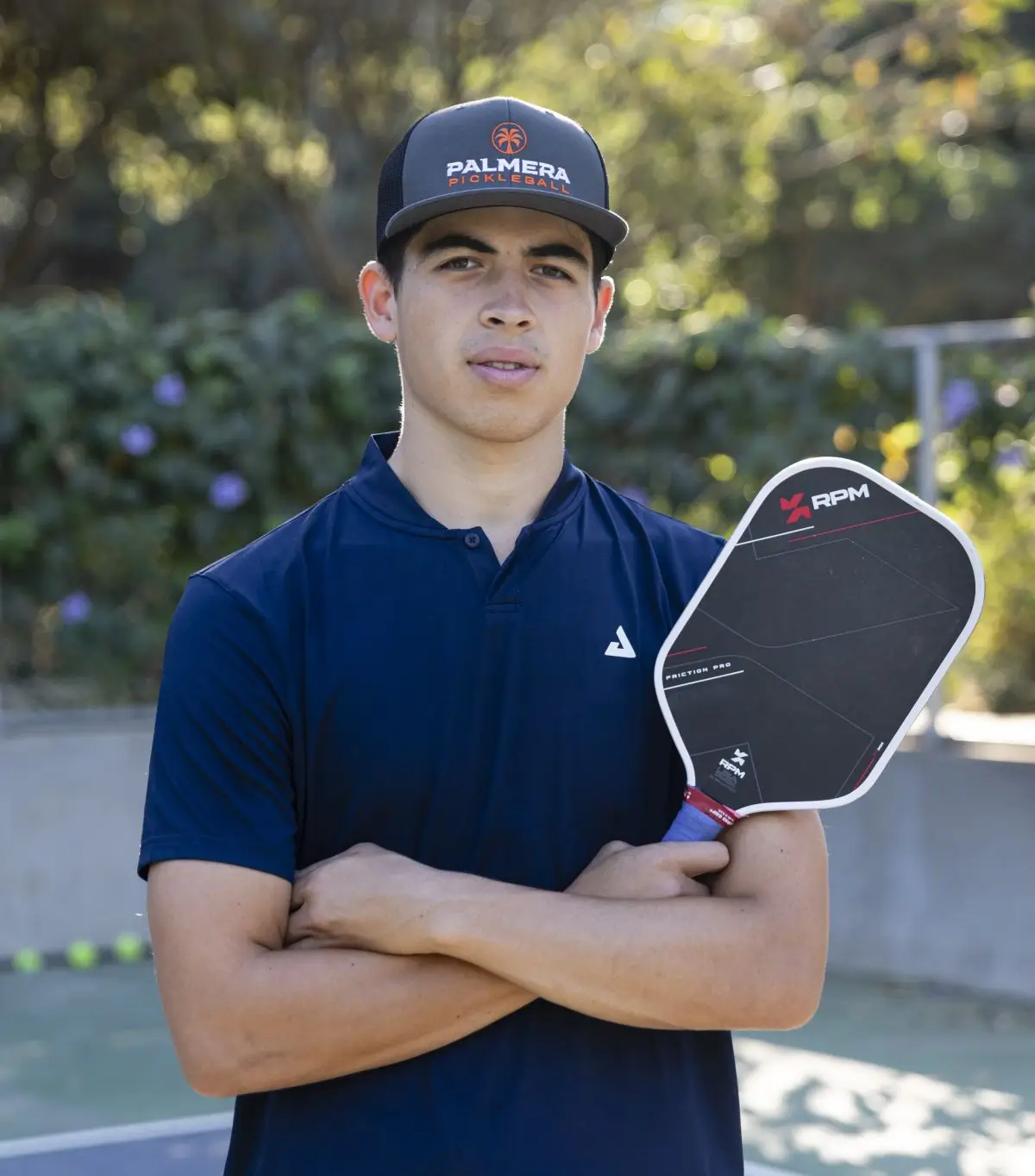Pickleball's Paradox: Gateway to Wellness or Obsessive Pursuit?
Pickleball is more than a sport—it’s a growing wellness trend with surprising health, cognitive, and social benefits. But behind the hype lies a hidden risk: obsession, injury, and imbalance. Discover the paradox of pickleball and how to pursue the game without letting it take over your life.

In recent years, the seemingly innocuous sport of pickleball has swept across playgrounds and sports complexes with an irresistible pull. Its easy-to-learn rules and dynamic gameplay are enough to enchant novices and seasoned athletes alike. Yet, what often starts as casual fun can morph into a fervent obsession—launching individuals on a relentless quest for self-improvement.
This duality poses the question:
Is pickleball a boon for wellness—or a breeding ground for unhealthy fixation?
Let’s Talk About the Dark Side First
Before we dive into the many benefits, it’s worth confronting what most don’t talk about: the pitfalls of obsession, addiction, and imbalance that can creep into even the healthiest-seeming habits.
When the Court Becomes a Mirror
At its surface, pickleball is wildly accessible—anyone can pick up a paddle and feel competent in their first game. But beneath that simplicity lies a deep competitive engine. To level up, players quickly discover the game demands discipline, resilience, and mental toughness. It’s an endless improvement journey, and that can either inspire—or unravel—someone.
We’ve all seen it: character flaws exposed in the heat of a match—anger, arrogance, insecurity, and ego. Some players spiral when their skills plateau. Others lash out over line calls or opponents who play “the wrong way.” In a sport built on inclusion, these reactions reveal how easily ego and identity can get tangled in the pursuit of performance.
“Pickleball has a way of revealing your character, not just your skill level.”
When Passion Becomes Compulsion
Then there’s the obsessive side. What begins as three games a week casually becomes six days a week, two sessions a day. The feel of a perfect drop shot, the high of a tight win, the praise from a partner—it can become a dopamine loop.
Some players begin neglecting responsibilities, spending less time with family, reshaping their schedules entirely around pickleball. We've even heard stories of marriages strained or falling apart, where one partner is hooked and the other can't understand why.
The Physical Toll & Financial Drain
While often touted as “low impact,” pickleball still requires conditioning to be played at high volume. Many jump in without proper strength, mobility, or recovery habits. Over time, the wear and tear accumulates:
- Plantar fasciitis
- Tennis elbow
- Rotator cuff inflammation
- Meniscus or knee strain
Injuries don’t always arrive all at once—they sneak in when you push without preparation.
And of course, the financial creep. The quest for the perfect paddle. Court shoes every few months. Tournament fees. Coaching. Gear. What begins as an accessible sport starts quietly tapping your budget.
And Yet—Pickleball Can Change Your Life
Despite the risks, the flip side is equally undeniable:
Pickleball is one of the most transformational sports of our time.
For many, it becomes the catalyst for a richer, healthier, more connected life.
A Gateway to Lifelong Health
Pickleball sits squarely in the realm of Zone 2 cardio—the moderate-intensity range ideal for fat metabolism, metabolic health, and cardiovascular endurance. Unlike intense gym routines, pickleball doesn’t feel like a workout, which makes people more likely to do it often—and with joy.
At the same time, the sport involves:
- Dynamic footwork
- Hand-eye coordination
- Split-second decision-making
That’s more than physical—it’s cognitive training.
Scientific Backing: The Brain Benefits
Research shows that dual-task training—physical movement paired with mental processing—improves cognitive function, especially in older adults.
A 2018 study in the Journal of Aging and Physical Activity confirmed that these combined efforts enhance executive function and working memory in aging populations.
Another study in Frontiers in Human Neuroscience (2014) found that complex motor skill learning, such as that found in racket sports, can stimulate neuroplasticity, promoting mental agility and long-term brain health.
“Motor coordination and aerobic exercise together have the greatest effect on preserving cognition into later life.”
— Voelcker-Rehage & Niemann, 2013
Social Connection in a Disconnected World
Few sports are more socially rewarding than pickleball. It lowers the barrier to entry, encourages intergenerational play, and creates community almost instantly.
The mental health benefits of this can’t be overstated:
- Reduced loneliness
- Stronger emotional support networks
- Lower cortisol and stress levels
- Improved immune function and overall longevity
“More than just exercise, pickleball offers a tribe.”
Personal Development in Disguise
Pickleball, like any meaningful sport, forces us to confront our limitations—and grow past them.
You’ll face failure. You’ll hit plateaus. You’ll learn how to stay calm under pressure, how to communicate with a partner, how to win humbly and lose gracefully.
Over time, the lessons on the court become lessons for life:
- How to pursue long-term goals
- How to embrace discomfort
- How to deal with adversity
- How to build something with consistency
The Paradox Made Personal
So what do we make of it all?
Pickleball is a paradox.
It can ignite joy or expose ego, heal or harm, connect or isolate—depending on how we engage with it.
Handled wisely, the sport can become a vehicle for transformation—for health, discipline, humility, and community.
Handled compulsively, it becomes just another addiction dressed in wellness clothing.
“The challenge is not to dismiss pickleball’s risks, nor to glorify its rewards blindly—but to walk the line with awareness.”
Final Takeaway
Play with joy. Play with intensity. But most of all—play with awareness.
Let pickleball shape you, but don’t let it consume you. The point isn’t just to win games or reach a rating—it’s to become the kind of person who plays well, lives well, and knows where the line is.






